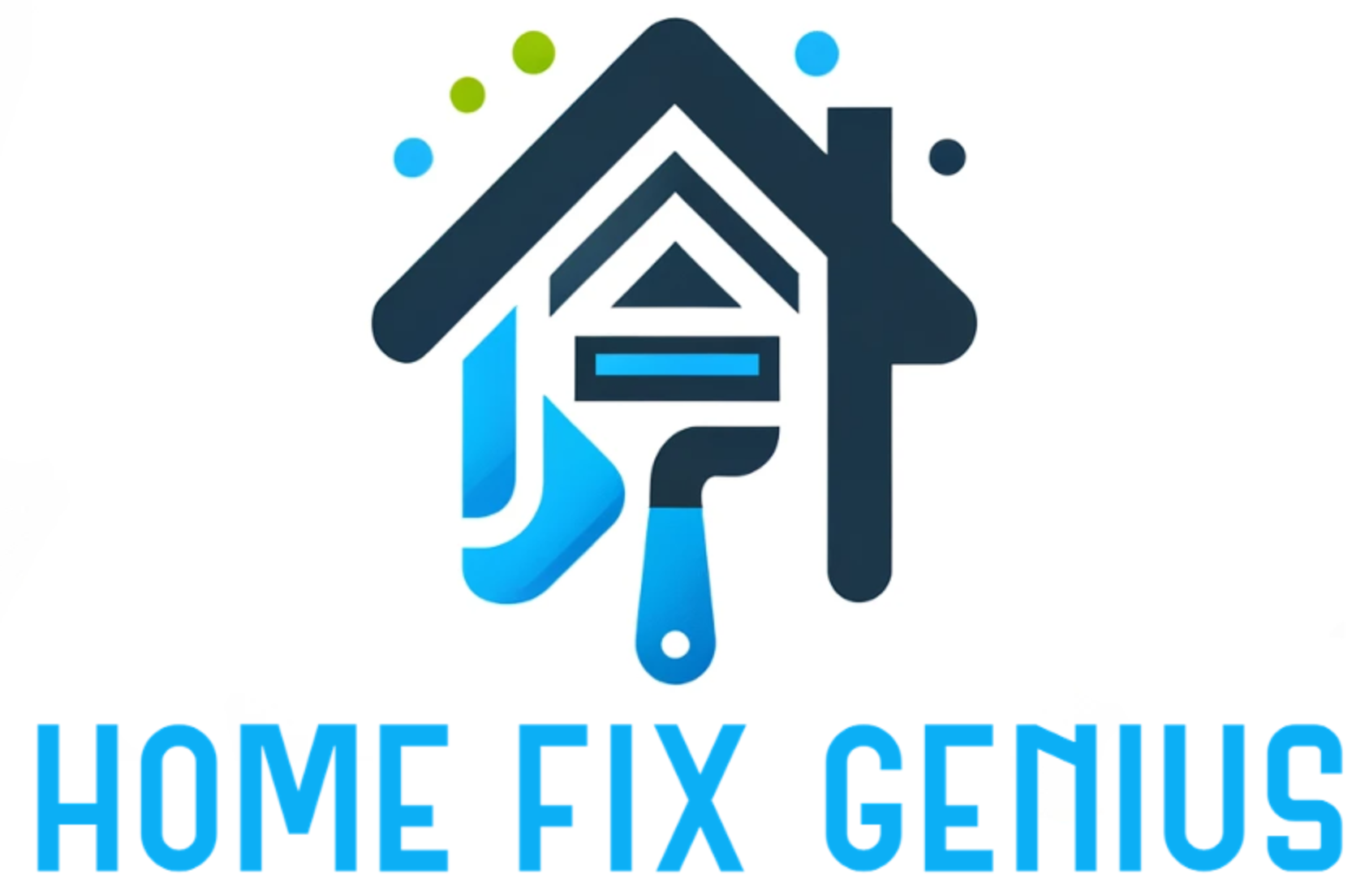
When it comes to protecting your most valuable asset—your home—having the right insurance coverage is paramount. Your home insurance agent is your ally in navigating the complexities of insurance policies and ensuring you have adequate coverage tailored to your needs. To make informed decisions about your insurance policy, it’s essential to ask the right questions to your home insurance agent. Here are 10 critical questions to ask your home insurance agent.
1. What Does My Policy Cover?
Understanding the specifics of your policy is fundamental to ensuring you have adequate coverage. Ask your agent to provide a detailed explanation of what is covered under your policy, including both the dwelling and personal property coverage. Inquire about coverage for common perils such as fire, theft, vandalism, and natural disasters like hurricanes or earthquakes. Additionally, clarify any exclusions or limitations that may apply to your coverage.
2. Are There Any Coverage Limits?
While your policy may provide coverage for certain perils, it’s essential to understand if there are any coverage limits in place. Coverage limits refer to the maximum amount your insurer will pay for a covered loss. For example, there may be limits on the amount of coverage available for high-value items such as jewelry, artwork, or electronics. Knowing these limits can help you assess whether additional coverage or endorsements are necessary to adequately protect your assets.
3. What Type of Perils Are Covered?
Perils, also known as risks or events, refer to the specific incidents that are covered under your insurance policy. Ask your agent to provide a comprehensive list of perils covered by your policy, as well as any exclusions that may apply. Common covered perils include fire, lightning, windstorm, hail, theft, and vandalism. Understanding which perils are included in your coverage ensures you are prepared for potential risks to your home and belongings.
4. How Much Dwelling Coverage Do I Need?
Dwelling coverage is a critical component of your home insurance policy, as it protects the structure of your home in the event of damage or destruction. It’s essential to ensure you have sufficient dwelling coverage to rebuild or repair your home in the event of a covered loss. Factors such as the size and construction of your home, local building costs, and the value of your personal property should be considered when determining the appropriate amount of dwelling coverage. Your agent can help you assess your needs and adjust your coverage accordingly.
5. What About Personal Property Coverage?
In addition to protecting your home’s structure, your insurance policy should also provide coverage for your personal belongings. Personal property coverage reimburses you for the cost of replacing or repairing items that are damaged, destroyed, or stolen due to covered perils. When discussing personal property coverage with your agent, be sure to inquire about any special limits or exclusions that may apply to certain items, such as jewelry, firearms, or collectibles. Consider conducting a home inventory to accurately assess the value of your belongings and ensure you have adequate coverage in place.
6. Do I Need Additional Riders or Endorsements?
While your standard home insurance policy provides coverage for a wide range of perils, there may be certain items or risks that require additional protection. Riders or endorsements are add-on coverages that can be purchased to extend the coverage limits or add protection for specific items or circumstances. For example, if you own high-value jewelry, artwork, or electronics, you may need to purchase a separate rider to ensure these items are adequately covered. Similarly, if you live in an area prone to flooding or earthquakes, you may need to purchase additional coverage for these specific perils. Your agent can help you assess your needs and recommend appropriate riders or endorsements to enhance your coverage.
7. What is the Deductible?
The deductible is the amount you agree to pay out-of-pocket before your insurance coverage kicks in to cover a loss. It’s essential to understand the deductible amount specified in your policy, as it can have a significant impact on your out-of-pocket expenses in the event of a claim. Generally, higher deductibles result in lower insurance premiums, while lower deductibles result in higher premiums. Your agent can help you determine an appropriate deductible amount based on your budget and risk tolerance.
8. How Can I Lower My Premium?
Insurance premiums can represent a significant expense for homeowners, so it’s natural to seek ways to lower your premium without sacrificing coverage. When discussing your policy with your agent, ask about potential discounts or savings opportunities that may be available to you. Many insurers offer discounts for factors such as bundling multiple policies, installing security and safety features in your home, maintaining a claims-free history, or being a member of certain professional or affinity groups. By taking advantage of available discounts, you can reduce your insurance costs while still maintaining comprehensive coverage.
9. Are Discounts Available?
Home insurance companies offer various discounts to policyholders based on factors such as the age and condition of your home, your claims history, your credit score, and any safety or security features installed in your home. Common discounts include multi-policy discounts, home security system discounts, claims-free discounts, and loyalty discounts. When speaking with your insurance agent, be sure to ask about any discounts for which you may be eligible and how they can be applied to your policy to lower your premium.
10. How Can I Make a Claim?
In the unfortunate event that you need to file a claim, it’s essential to understand the claims process and know how to proceed effectively. Ask your agent to provide clear instructions on how to file a claim, including the required documentation and information you will need to provide. Be sure to ask about any deadlines for filing a claim and how long you can expect the claims process to take. Knowing what to expect in the event of a claim can help alleviate some of the stress and uncertainty during an already challenging time.
Conclusion
Asking the right questions is key to ensuring you have adequate home insurance coverage to protect your home and belongings. By empowering yourself with knowledge and understanding, you can make informed decisions that provide peace of mind and financial security for you and your family. Don’t hesitate to ask your home insurance agent these critical questions to ensure you have the coverage you need to safeguard your most valuable assets.

FAQs
What is the importance of asking questions to my home insurance agent?
Asking questions to your insurance agent is crucial because it helps you understand the specifics of your policy and ensures that you have the coverage you need. Insurance policies can be complex, with various terms, conditions, and exclusions, so asking questions ensures that you have a clear understanding of what is covered and what is not.
How can asking questions help me save money on my home insurance?
By asking questions about available discounts and potential savings opportunities, you can identify ways to lower your insurance premium without sacrificing coverage. Insurance companies offer various discounts based on factors such as the age and condition of your home, your claims history, and safety features installed, so asking about these discounts can help you take advantage of savings opportunities.
What should I do if I don’t understand something about my policy?
If you don’t understand something about your policy, don’t hesitate to ask your insurance agent for clarification. They are there to help you understand your coverage and address any questions or concerns you may have. Your agent can provide explanations, examples, and additional information to ensure that you have a clear understanding of your policy.
Can my agent help me update my policy if my circumstances change?
Yes, your insurance agent can assist you in updating your policy to reflect any changes in your circumstances. Whether you’ve made renovations to your home, added new valuables, or experienced significant life changes such as getting married or having children, it’s essential to update your policy accordingly to ensure that you have adequate coverage.
What should I do if I need to make a claim?
If you need to make a claim, the first step is to contact your insurance agent as soon as possible. They will guide you through the claims process, provide instructions on what information and documentation you need to provide, and assist you in filing your claim. It’s essential to act promptly and follow your agent’s guidance to ensure that your claim is processed smoothly and efficiently.
